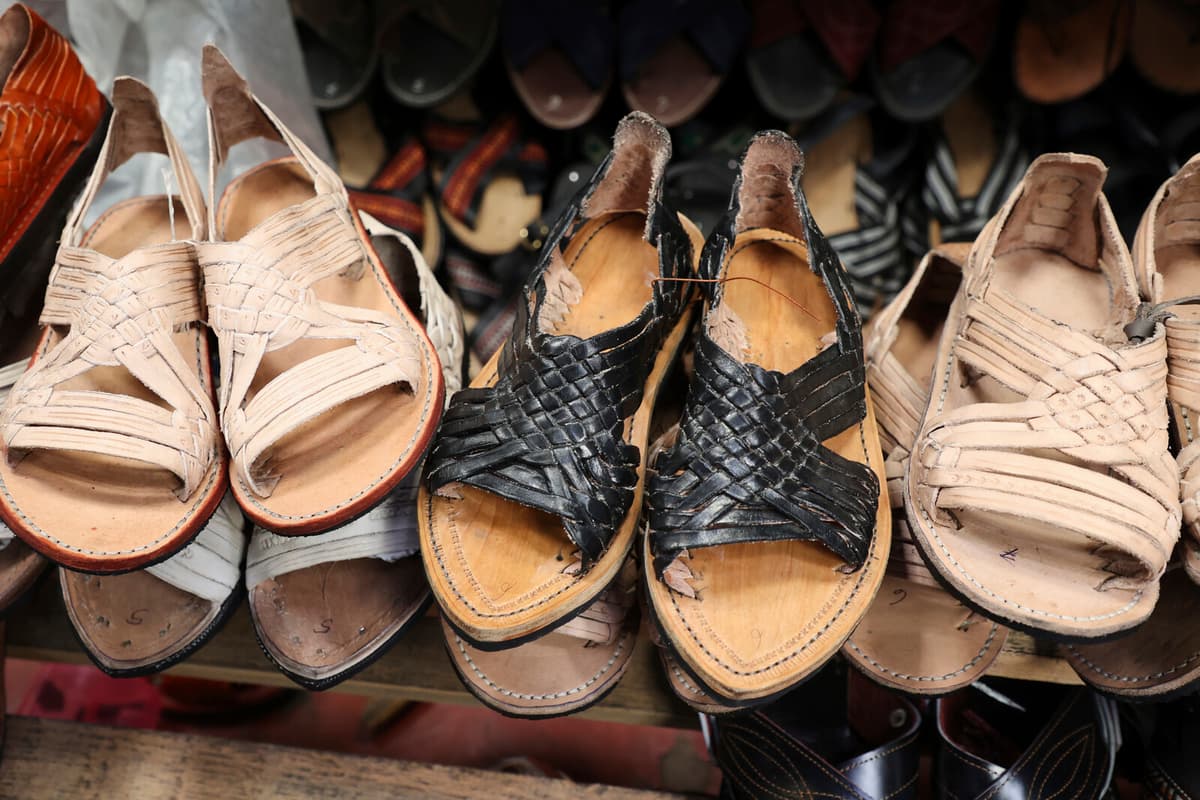Local authorities had complained that the Oaxaca Slip-On model was an "reinterpretation" of huarache sandals, especially a variant that is unique to the area, which has one of the country's largest indigenous populations.
Mexico's government announced on Friday that it is demanding compensation from Adidas.
I deeply regret that this design has appropriated the name and has not been developed in a direct and meaningful collaboration with the Oaxaca community, said Chavarria, who is of Mexican origin, to AFP.
Chavarria admitted that the sandals "did not live up to the respect and the collaborative condition" that the community in Villa Hidalgo Yalalag, where the original design is said to come from, deserves.
Mexico's government announced that Adidas has agreed to meet with authorities in Oaxaca.
It is collective intangible property. There must be compensation. The cultural heritage law must be followed, said President Claudia Sheinbaum at a press conference on Friday.
The controversy is the latest example of how Mexican authorities have criticized large brands for using indigenous people's art or design. Previous complaints have been directed against budget fashion giant Shein, Spanish Zara and luxury brand Carolina Herrera.






